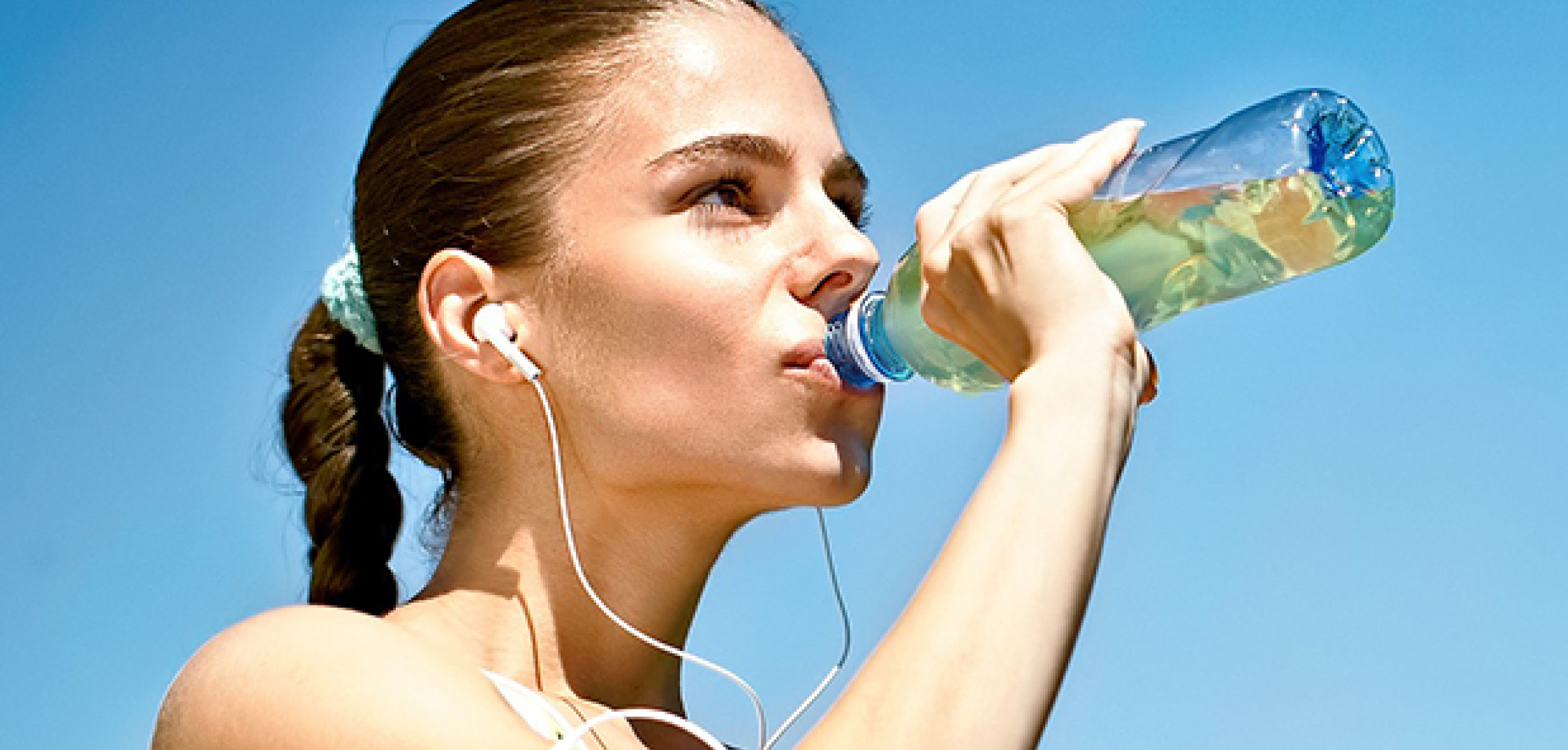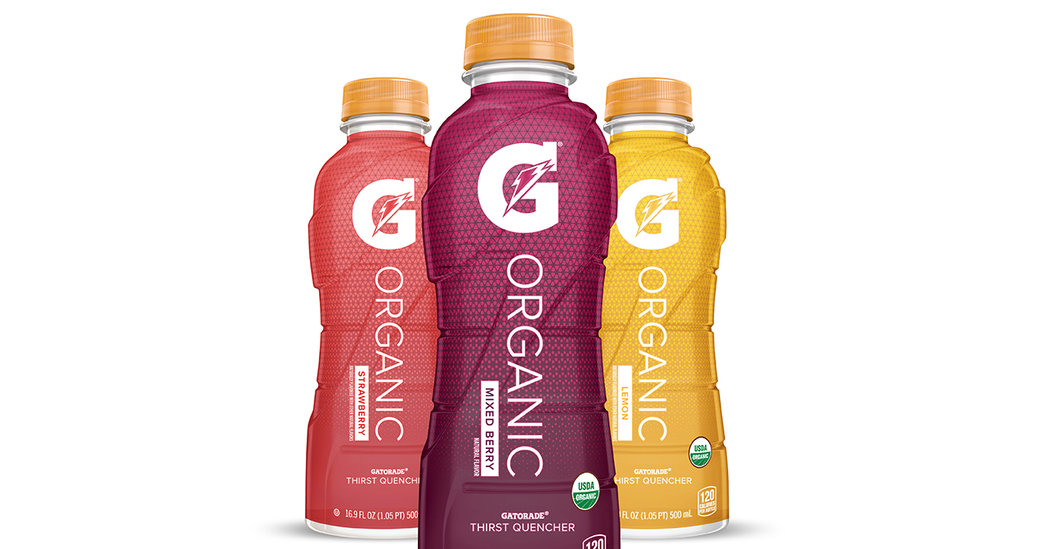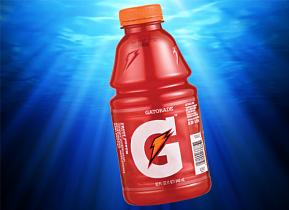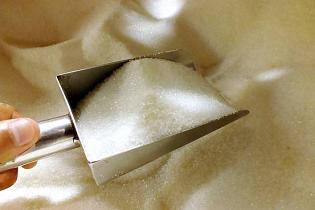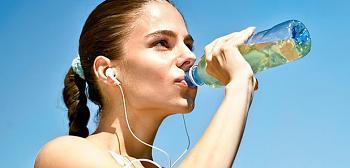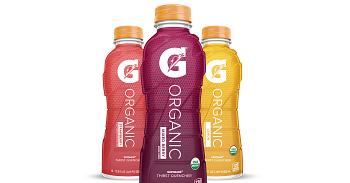Devil In Disguise: The Real Truth About The Organic Sports Drinks
The new reportedly ‘organic’ health drinks such as Gatorade, which is owned by PepsiCo, says it has launched an organic alternative to meet the requirements of its customers who had been long needing a sports drink with an organic option. Sports drinks have long been disapproved of by health promoters who claim that for most people, water is better than a sugar loaded drink for flavored hydration while exercising.
Gatorade's senior vice-president Brett O'Brien in an email to CBC News said, "There has been a growing demand in the marketplace for organic certified foods and beverages and that includes what we're hearing from some of our athletes. G Organic helps athletes achieve peak performance during training and competition." He explains the sports drink does this by supplying hydration, energy from organic cane sugar and electrolytes.
In a brochure for the media, Gatorade swanks that its new drink called G Organic contains just seven organic ingredients. They're also easy to reflect on one’s mind like, organic natural flavor, sea salt and organic cane sugar. The tricky part is that the handout offers detailed information about G Organic excluding the sugar content. One needs to search thoroughly to get that listed amount of 29 grams.
Greg Wells, a professor of kinesiology at the University of Toronto says, "There's a perception in the marketplace that organic equals healthy." The billboards are all painted over by the bold organic staples that camouflage the mind of the customers that the drink is going to be healthy. But unless you embark upon the core ingredients that are deceitful in a product, it will hang about an unhealthy preference. Organic Gatorade is still very high in sugar which is about 29 grams per 16.9 ounce bottle.
Wells shared his discontented opinions upon the new emerging trends, "It's just brilliant marketing. They're associating themselves with healthier options, even if, at its core, the fundamental ingredient is still extremely unhealthy. 99.9 per cent of the population doesn't exercise hard enough to require the extra boost of sugar and sodium." He describes the organic version as "the devil in disguise."
In the recent years, the Heart and Stroke Foundation has regularly encouraged Canadians to limit their daily intake of added sugars to less than 10 per cent of their total daily calories that interprets to about 48 grams for a typical adult. A bottle of organic Gatorade provides more than half the recommended sugar limit per day. We shouldn’t be that blind to offer ourselves to be cut in the process of imbibing new trends, isn’t it?
Comments
There are 0 comments on this post




